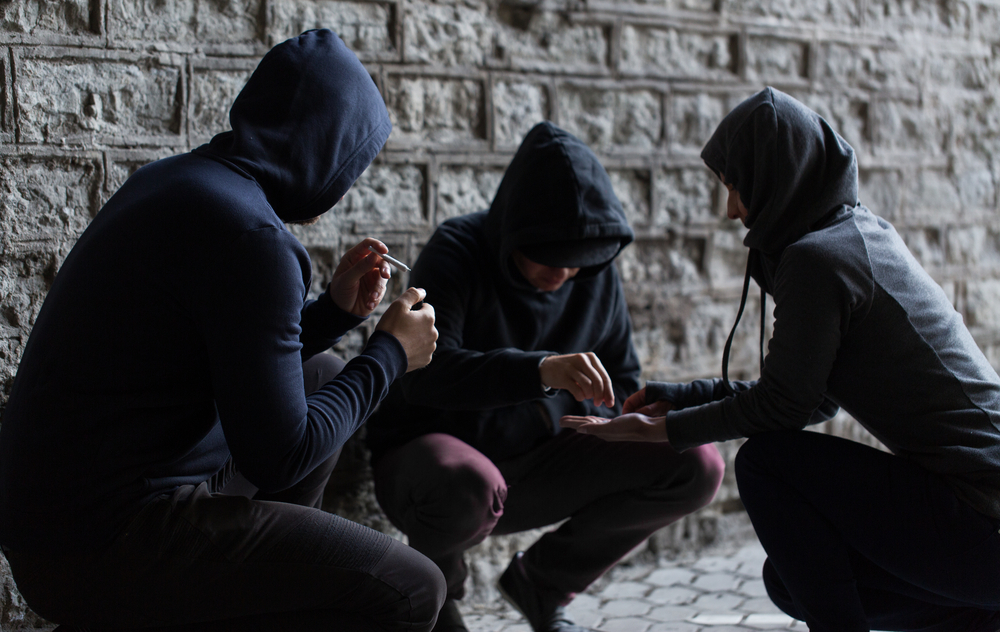Substance use disorder (SUD), also known as addiction, is listed in the Diagnostic and Statistical Manual of Mental Disorders, Fifth Edition (DSM-5) as a complex, chronic, relapsing neurological disorder. The Mayo Clinic explains addiction as a disease “that affects a person’s brain and behavior and leads to an inability to control the use of a legal or illegal drug or medication” without regard for consequence. Addiction does not develop overnight, nor will recovery from substance use disorder to occur instantaneously. There are many treatment options for adolescents struggling with addiction. Every young person is different and will require a customized treatment plan to ensure all nuanced needs are accommodated. It is becoming increasingly common to integrate traditional psychotherapeutic methods, such as cognitive behavioral therapy (CBT), dialectical behavior therapy (DBT), psychodynamic psychotherapy, interpersonal therapy (IPT), and more, along with holistic treatment modalities (e.g., surf therapy) into recovery plans for teens struggling with substance abuse and/ or addiction.
Surf Therapy
The International Surf Therapy Organization (ISTO) defines surf therapy as, “a method of intervention that combines surf instruction/ surfing and structured individual and/ or group activities to promote psychological, physical, and psychosocial well-being.” The benefits of surf therapy are wide-ranging. According to a 2022 analysis of surf therapy some of the benefits include, the following:
- Increased mindfulness: Surfing requires a young person to tune in to their body and pay close attention to the movement of the waves to maintain balance on a surfboard. This act of engaging in the present moment can help ease feelings of tension and stress and foster a sense of calmness.
- Improved brain health: Activities like surfing can trigger the same internal reward system as drug use. Neuroscientist Suzette Glasner-Edwards says that “people with the most success in staying sober tend to get involved in a range of pleasurable activities and do them frequently.”
- Enhanced physical health: Physical fitness can help with addiction recovery, according to Harvard Medical School. Research shows that most surfers have these physical traits:
- High heart, lung, and muscle fitness
- Good muscular endurance
- Increased strength, particularly in the upper body
- Promotes positive self-view: A small Australian 2021 study found that an 8-week surf therapy program seemed to improve adolescent participants’ self-esteem and resilience.
- Environmental awareness: Learning to surf can prompt a deeper appreciation for the ocean, including its creatures and ecosystems.
- Social connection: Like other types of therapy or wellness activities that take place in a group, surf therapy can provide space to meet new people. Results from a 2017 study found that surf therapy appeared to improve social skills, interpersonal relationships, and emotional regulation, along with time management and problem-solving skills. A 2021 study also found that surf therapy seemed to improve participants’ social connection and interpersonal skills.
Surf therapy programs utilize the physical activity of surfing as an anchor to the healing process, which can be invaluable to a teenager’s recovery and long-term prognosis.
For Information and Support
Every family in need of mental health treatment must select a program that will best suit the needs of their family. When one member of a family struggles, it impacts everyone in the family unit. To maximize the benefits of treatment we work closely with the entire family to ensure that everyone is receiving the support they need through these difficult times. Seeking help is never easy, but you are not alone! If you or someone you know needs mental health treatment, we strongly encourage you to reach out for help as quickly as possible. It is not uncommon for many mental health difficulties to impact a person’s life, long term. Pursuing support at the beginning of one’s journey can put the individual in the best position to learn how to manage themselves in a healthy way so they can go on to live happy and fulfilling lives.
OUR KNOWLEDGEABLE ADMISSIONS TEAM CAN BE REACHED 24/7 AT INFO@PACIFICRTC.COM OR CALL: 800-531-5769






